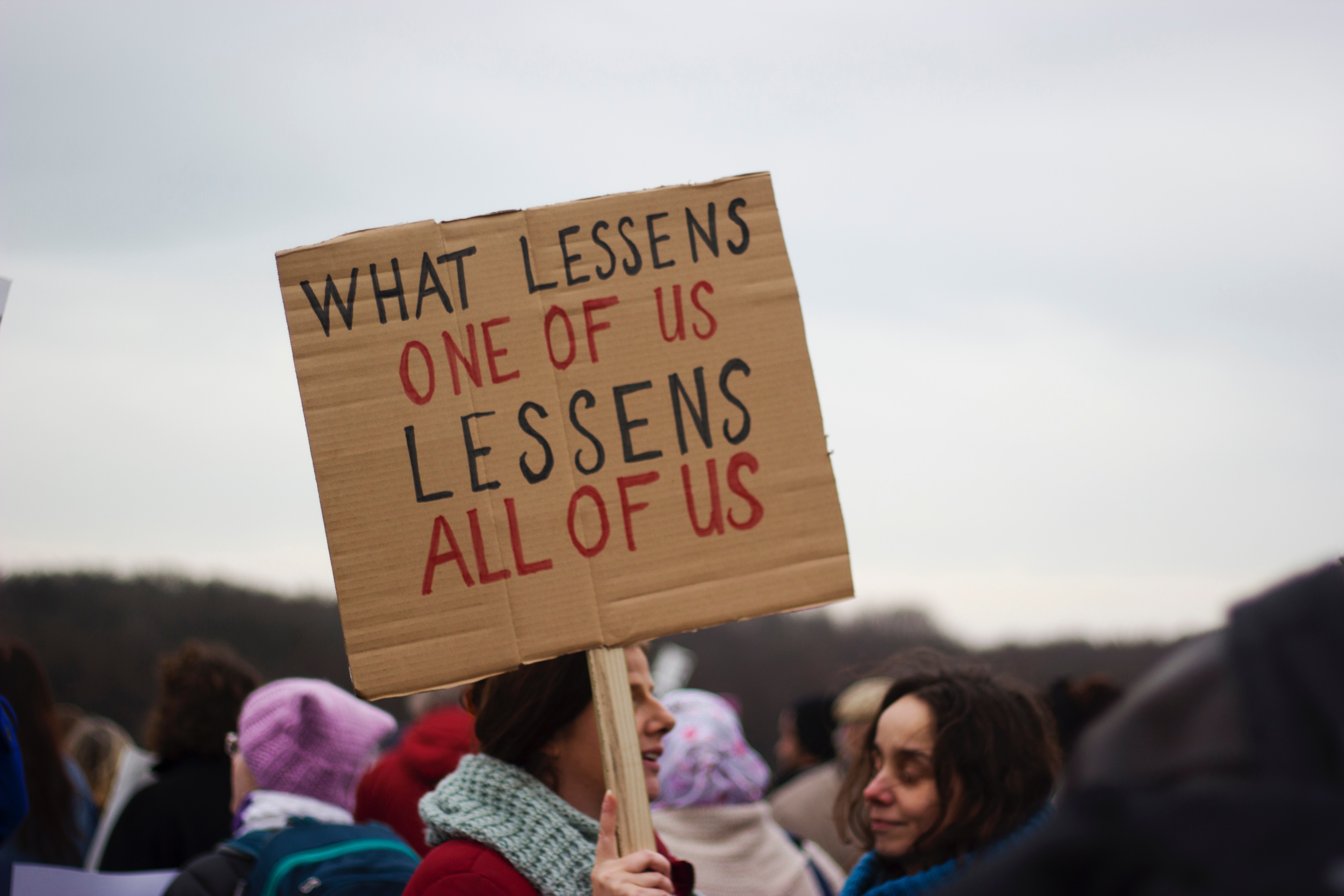
Photo by Micheile Henderson on Unsplash
There is a wedge. A window of opportunity to support work that ensures that governments respond to the needs of girls and women, and for feminist movements to take advantage of transparency and accountability tools to further their advocacy goals. But they need support.
Over and over, we heard a phrase at the Open Government Partnership (OGP) Summit in Ottawa, Canada, and at the Women Deliver Conference hosted in Vancouver, Canada: “If you’re not at the table, you’re often part of the menu.” This phrase was cited by women who were demanding their right to participate in decisions that affect them. The silos between women’s movements and open governance are slowly coming down. The focus of this year’s OGP Summit hosted by the Canadian government was Feminist Open Government and it sure was; I have never seen so many feminist activists at an OGP event. Just a week later, I came across several open government advocates at Women Deliver, one of the world’s largest events dedicated to feminist advocacy.
Step one: Pay for travel and design sessions to include women’s rights leaders from around the globe
The first step towards participation is having presence and influence in decision-making spaces. The OGP Summit made sure that feminists had a seat at the table thanks in large part to the commitment of the Canadian government and the OGP Steering Committee, but also thanks to the efforts of the Open Heroines, who provided travel grants and organized sessions for feminists in open government, especially for participants from the Global South whose voices are so often absent. We heard about a number of issues that keep women from participating, including under-investment in travel grants, visas (see here and here on passport privileges), capacity-building, leadership-training, and research about the contextual factors that inhibit women’s political participation.
Step two: Fund efforts to apply a gender lens
The Feminist Open Government Day also had an amazing turnout and rich discussions about the intersection between gender and open government. As I have mentioned in a previous blog, one in four women in Africa are miners but they experience challenges that are specific to women, and are often not heard nor represented in the groups that set the rules. In a spirited discussion hosted by the Natural Resource Governance Institute we discussed the challenges and what can be done to address them. One common challenge is that data is often not available nor relevant to women in the extractives industries. We can start with the basics: having gender-disaggregated data. We simply cannot address what we can’t see. We can also challenge what is measured. Data is unbiased, but what and how we choose to measure is not. By learning about the structural challenges that women in the extractives face we can make more nuanced policies that reflect their lived experiences rather than assume them as equal to men’s. We have seen very promising progress at standard setting platforms like the Extractive Industries Transparency Initiative (see this post by Elisa Peter from Publish What You Pay), but there is still much more work to be done to ensure that women have the same access to rights and protections as their male colleagues.
Step three: Connect data production and information to those who need it and can use it best
Other workshops included topics like the gender pay gap; public finance integrity; how open contracting can support women-owned businesses; leadership and political empowerment; violence against women; ending child-marriage and access to information. Article 19 Mexico, a Hewlett grantee, participated in a session about the access to information and indigenous women, the result of a project meant to explore how Mexico’s government can respond to the gender discrimination faced by indigenous women. For instance, the case of Francisca, an indigenous woman who did not receive proper medical attention. Thanks to a project carried out in a neighboring town, Francisca learned that through an access to information request she could learn what she and her community were entitled to. She also learned how much the doctor was being paid, and that certain medicines that they were being charged for were supposed to be free. With this information the town assembly was able to present a complaint to the Health Ministry, who sent a new doctor and fine the previous one.
The door is wedged open. We know women face additional obstacles to benefit from policymaking and to participate in political decision-making. Funders, open government advocates and feminists have an opportunity to work together to open the door wider. And maybe even make a new table for everyone’s needs.
